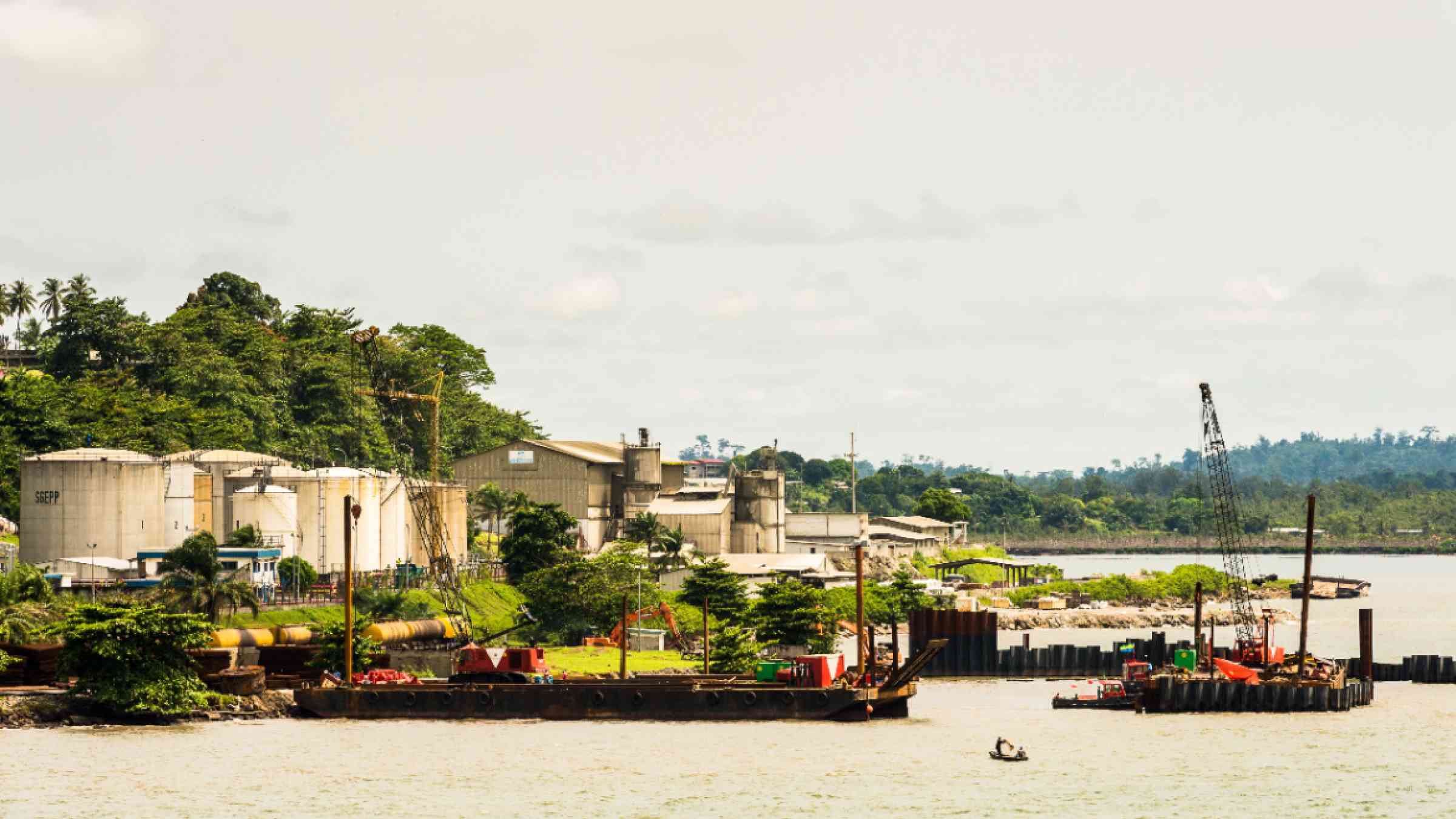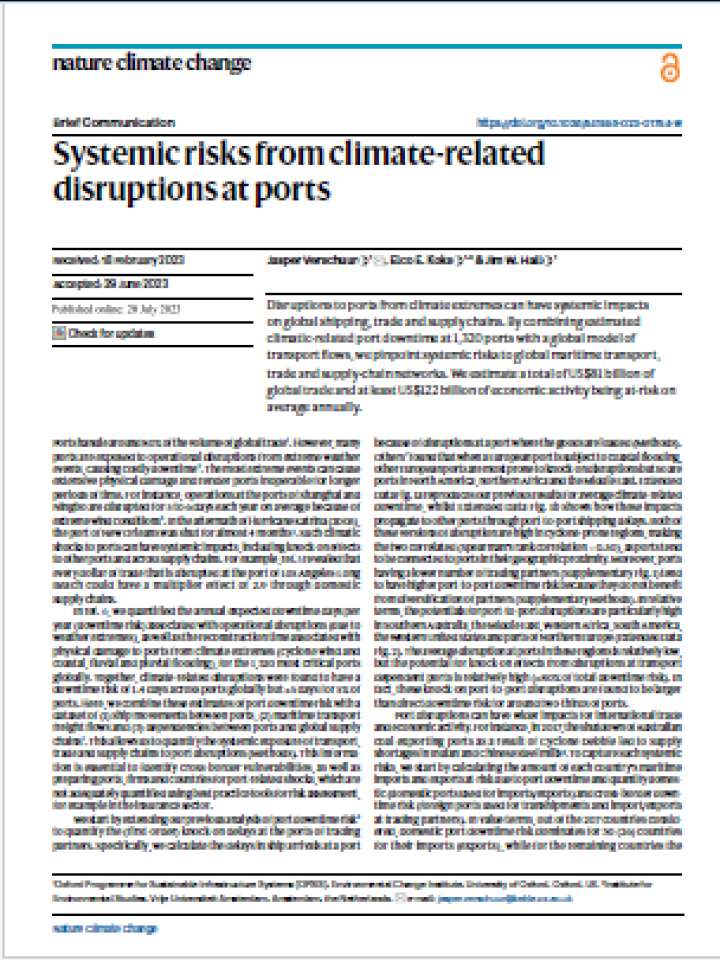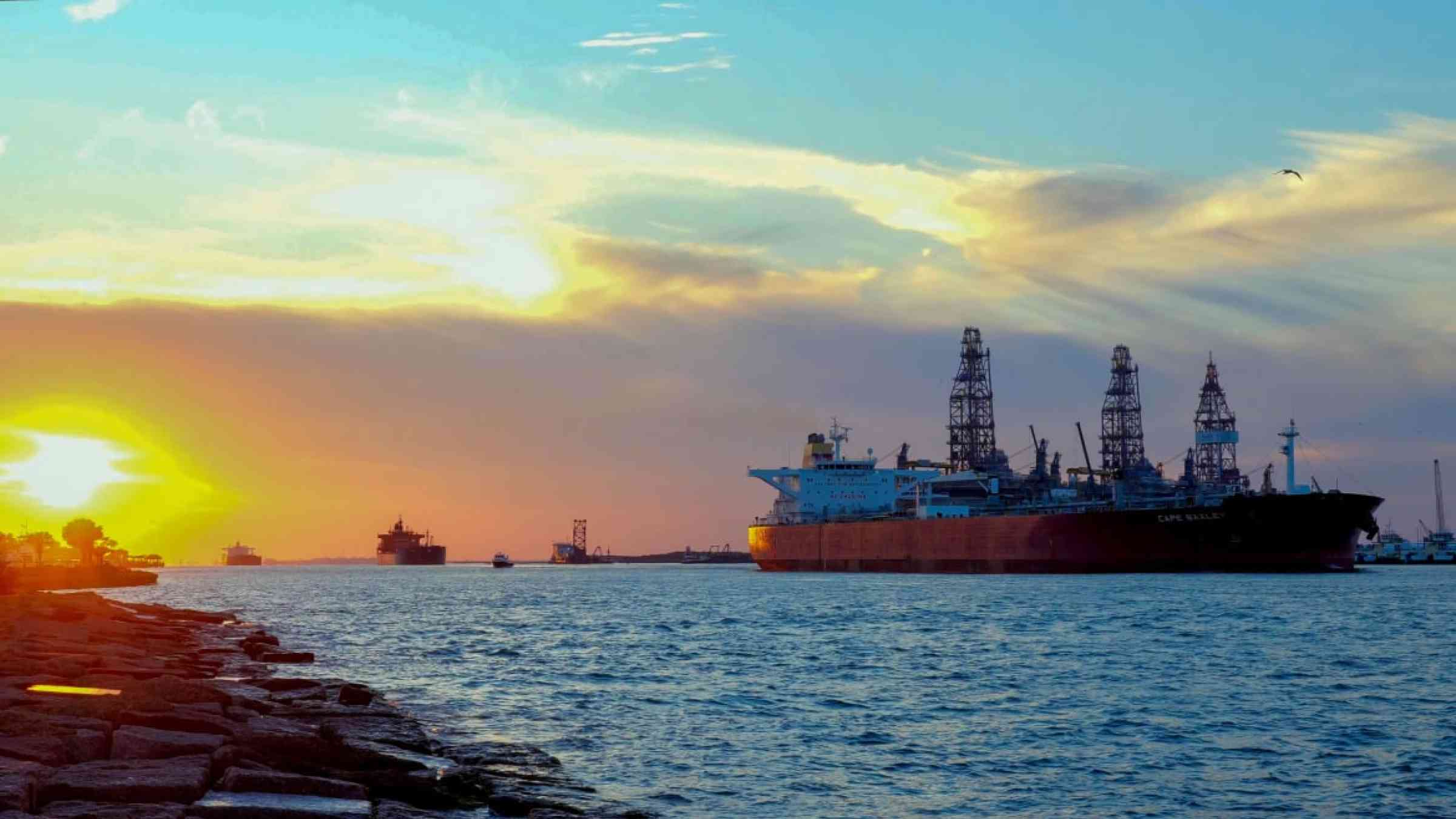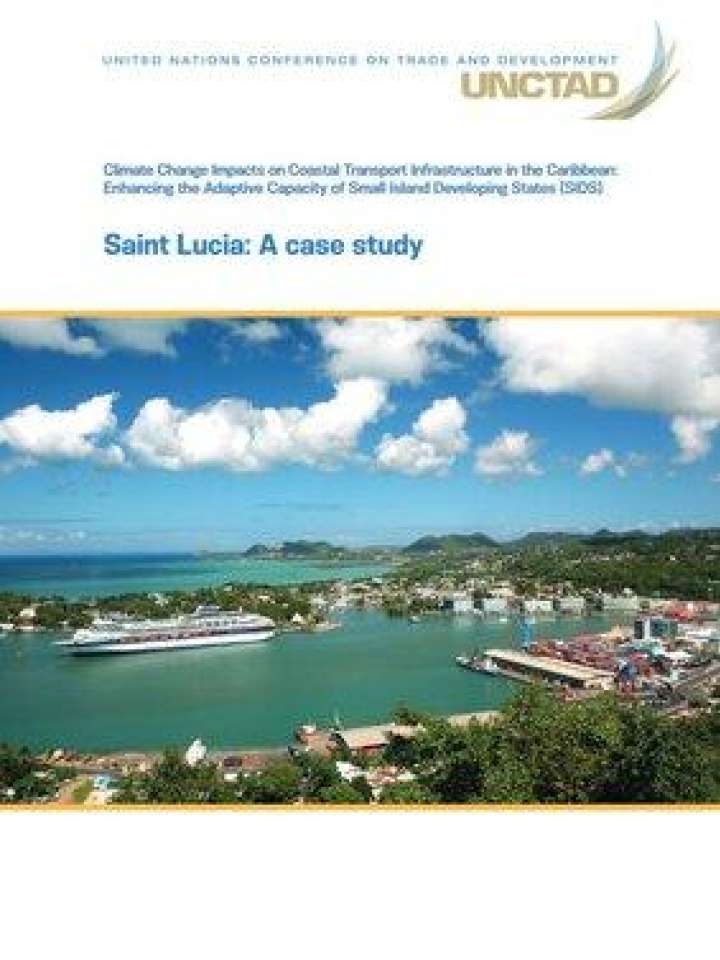Please help us improve PreventionWeb by taking this brief survey. Your input will allow us to better serve the needs of the DRR community.
- Home
- collections
Building resilient ports and harbours
Image
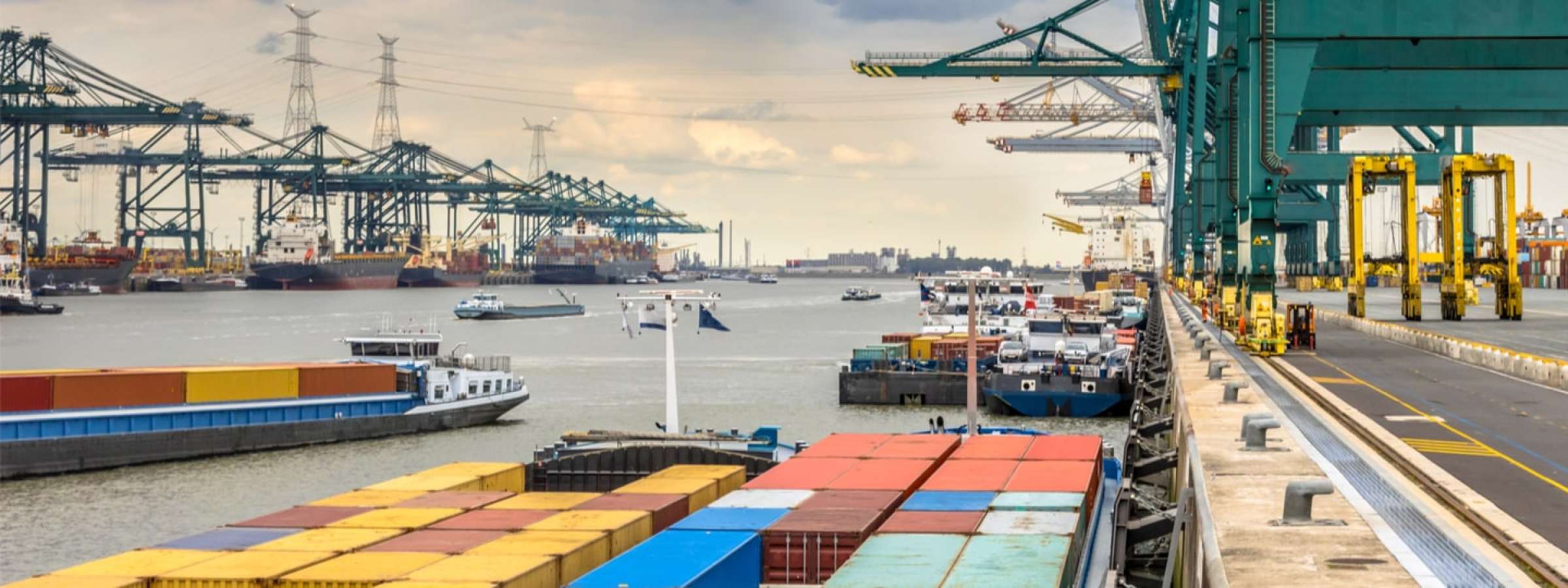
Introduction
When disasters disrupt port operations, they can cause significant economic losses on a global scale. Adapting ports to a changing climate and investing in disaster resilience is critical to reduce the economic impacts from catastrophic events.
Themes
Knowledge base
Is this page useful?
Yes No Report an issue on this pageThank you. If you have 2 minutes, we would benefit from additional feedback (link opens in a new window).
